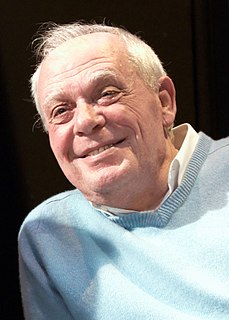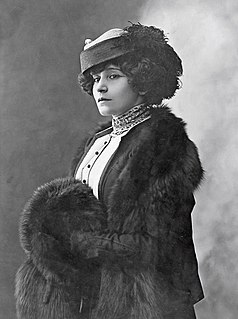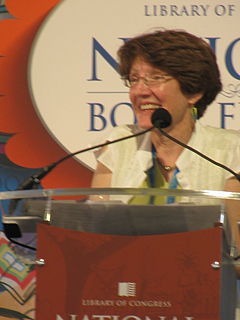A Quote by Jill Magid
I love books, letters and texts visually as objects, and textually, for their content. The same book I write serves a different purpose when included in an exhibition of mine than when read on its own, outside of it.
Related Quotes
You can't write a book if you've never read a book. And if you've read five books and you try to write a book, your book will mainly encompass the themes and the context of the five books you've read. Now, the more books you read, the more you can bring to a book when you decide to write one. So the more rap I learned, the more I was able to bring to rap when I decided to rap. But this was all subconscious.
The more I write, the more I've come to realize that books have a different place in our society than other media. Books are different from television or film because they ask you to finish the project. You have to be actively engaged to read a book. It's more like a blueprint. What it really is, is an opportunity... A book is a place where you're forced to use your imagination. I find it disappointing that you're not being asked to imagine more.
Samuel Beckett is the person that I read the most of - certainly the person whose books I own the most of. Probably 800 or 900, maybe 1,000 books of just Samuel Beckett. By him, about him, in different languages, etc. etc. Notebooks of his, letters of his that I own, personal letters - not to me, but I bought a bunch of correspondence of his. I love his humor, and I'm always blown away by his syntax and his ideas. So I keep reading those.
Sometimes I read the same books over and over and over. What's great about books is that the stuff inside doesn't change. People say you can't judge a book by its cover but that's not true because it says right on the cover what's inside. And no matter how many times you read that book the words and pictures don't change. You can open and close books a million times and they stay the same. They look the same. They say the same words. The charts and pictures are the same colors. Books are not like people. Books are safe.
Ancient art has a specific inner content. At one time, art possessed the same purpose that books do in our day, namely: to preserve and transmit knowledge. In olden days, people did not write books, they incorporated their knowledge into works of art. We would find a great many ideas in the works of ancient art passed down to us, if only we knew how to read them.
May I ask you something?" I say. "Why do you read books, when you could be outside, living a million different adventures every day?" "Because you can always count on a book to stay the same. EVerything else changes when you least expect it," she replies, bitter. "Families split apart, and nothing's forever. In books, you always know what's coming next. There are no surprises.
I'm always reading many books at a time. It might be quite unorthodox, but what I do is, since I'm always surrounded with books, I'll read a page of physics, and then I'll read a chapter of a novel that I really love, and then I'll say, "Oh well, what does that mixture do in my head?" I adore reference books. I love encyclopedias. I also like just going back to original texts, because a lot of these self-help books today.

































